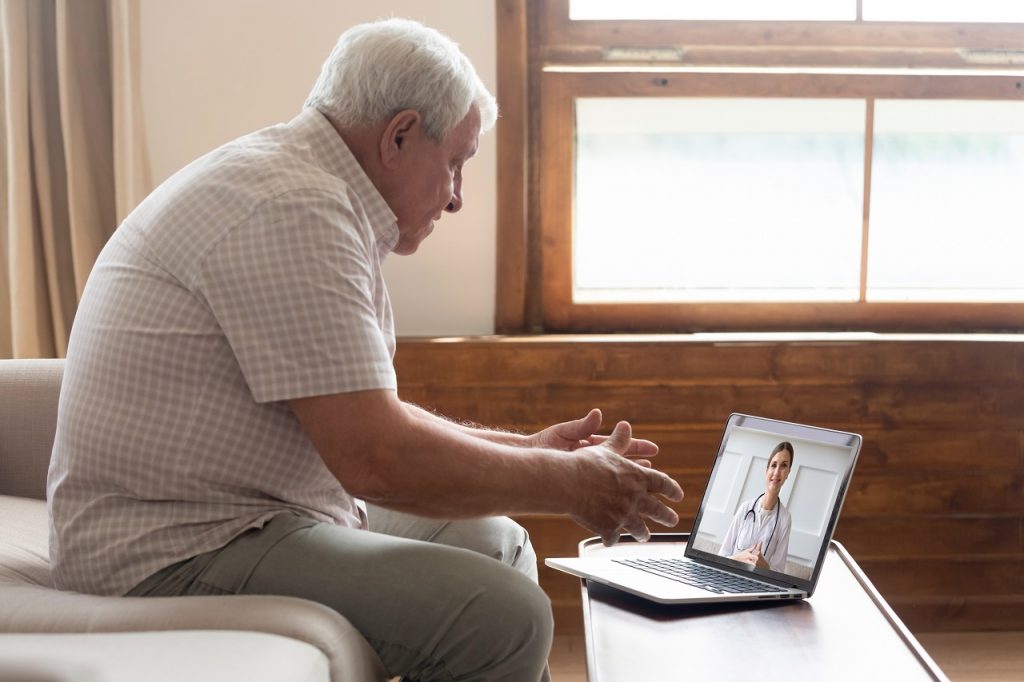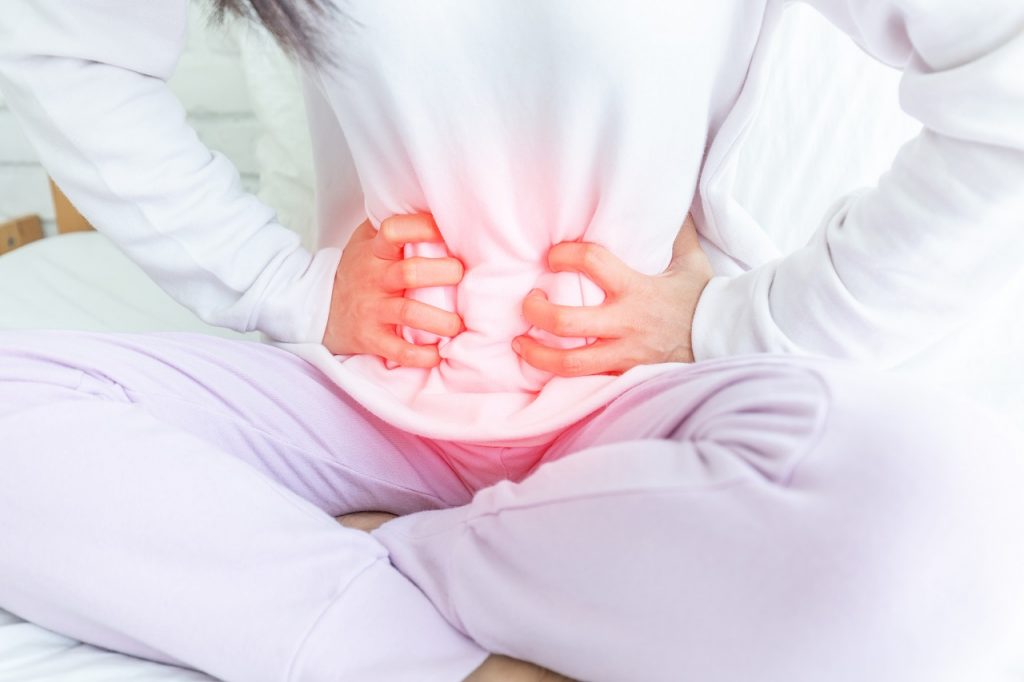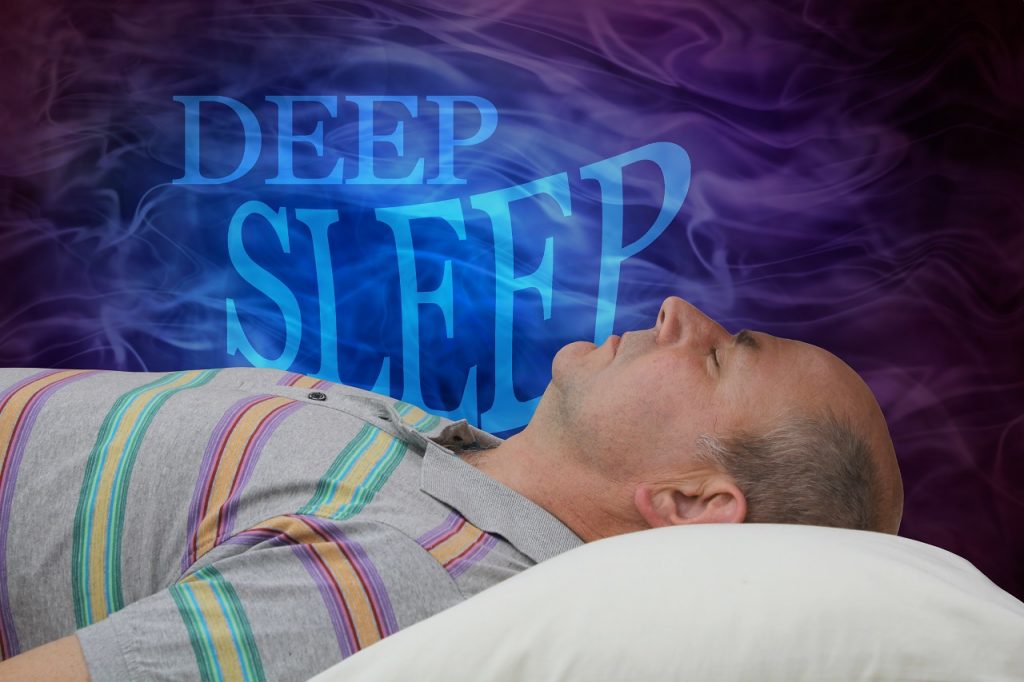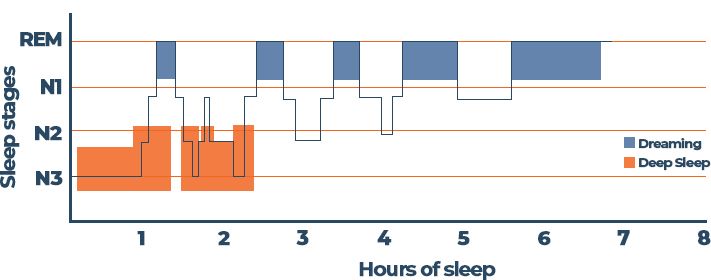 Currently, elderly people are vulnerable and at the highest risk of experiencing significant health complications due to the second wave of COVID-19. Being socially isolated also creates a panic, affects mental and physical health of the elderly. Due to the pandemic, most older adults are not able to take walks, exercise and have limited access to their daily healthcare needs. Though social distancing and self quarantine is necessary, it is essential for older adults to feel connected in order to avoid depression or helplessness. Loneliness, anxiety and uncertainty give rise to chronic stress, depression and insomnia in older people.
Currently, elderly people are vulnerable and at the highest risk of experiencing significant health complications due to the second wave of COVID-19. Being socially isolated also creates a panic, affects mental and physical health of the elderly. Due to the pandemic, most older adults are not able to take walks, exercise and have limited access to their daily healthcare needs. Though social distancing and self quarantine is necessary, it is essential for older adults to feel connected in order to avoid depression or helplessness. Loneliness, anxiety and uncertainty give rise to chronic stress, depression and insomnia in older people.
How Can You Help Older Adults In Your Neighborhood?
During this time, it becomes important to help older adults in our neighbourhood, especially the ones living alone. Here, I’ll be sharing some tips which families and caregivers can use to keep older adults disease-free, happy and mentally fit!
- If you have parents or grandparents you’re not living with, give them a call to provide regular emotional support.
- Ensure that an older adult’s daily needs and essential requirements like medicines, fruits, food, etc. are taken care of.
- Take additional efforts to check and confirm that they are maintaining proper hand and respiratory hygiene.
- Older Adults are more sensitive in the current situation. To safeguard them, it’s better that they should avoid stepping out for any reason as much as possible.
- If routine check-ups can be done via phone consultation, please do so. Go to the hospital only when necessary.
- Guide and educate the older adults in your area with the latest updates, precautionary measures, etc. Keep them informed!
- Provide extra care if needed as some of them are on multiple medications due to chronic illnesses and sensory problems such as loss or difficulty in vision, hearing, etc.
- Before self-medication with any drug, please consult a doctor.
- Family members need to be super sensitive to the early symptoms of COVID-19 and testing if needed should be promptly done. This, however, should not give rise to panic, self-isolation and stigma.
- Psycho-social issues are vital and families need to be sensitive to them. It is natural to be stressed, but signs of excessive panic, depression, sleep problems need urgent attention from a qualified mental health professional.
- The elderly need to be involved in decision making even in times of crisis. Their rights, self-respect and dignity must be preserved and protected.
We hope this article helps. For more information or sessions on helping older adults, tune in to experts on GOQii Play.
Stay home, stay safe and #BeTheForce

 When we sleep, we go through a few stages. Prominent among them are REM and NREM. It is observed that for some non-specific reason, there is significant movement of the eyeball in all directions rapidly during REM sleep BUT does NOT send any visual signals to the brain. Hence, the name Rapid Eye Movement ( REM) sleep and the opposite – Non REM sleep. Some also say that they are “deep sleep” vs “shallow sleep” which I am not a great fan of. I believe they are simply various stages of sleep.
When we sleep, we go through a few stages. Prominent among them are REM and NREM. It is observed that for some non-specific reason, there is significant movement of the eyeball in all directions rapidly during REM sleep BUT does NOT send any visual signals to the brain. Hence, the name Rapid Eye Movement ( REM) sleep and the opposite – Non REM sleep. Some also say that they are “deep sleep” vs “shallow sleep” which I am not a great fan of. I believe they are simply various stages of sleep.
 Erectile dysfunction is one of those things that affects many couples, and people still don’t talk about it enough. For some it could be a source of embarrassment and confusion, especially because it is associated with aging, illness or hormonal imbalances.
Erectile dysfunction is one of those things that affects many couples, and people still don’t talk about it enough. For some it could be a source of embarrassment and confusion, especially because it is associated with aging, illness or hormonal imbalances.


